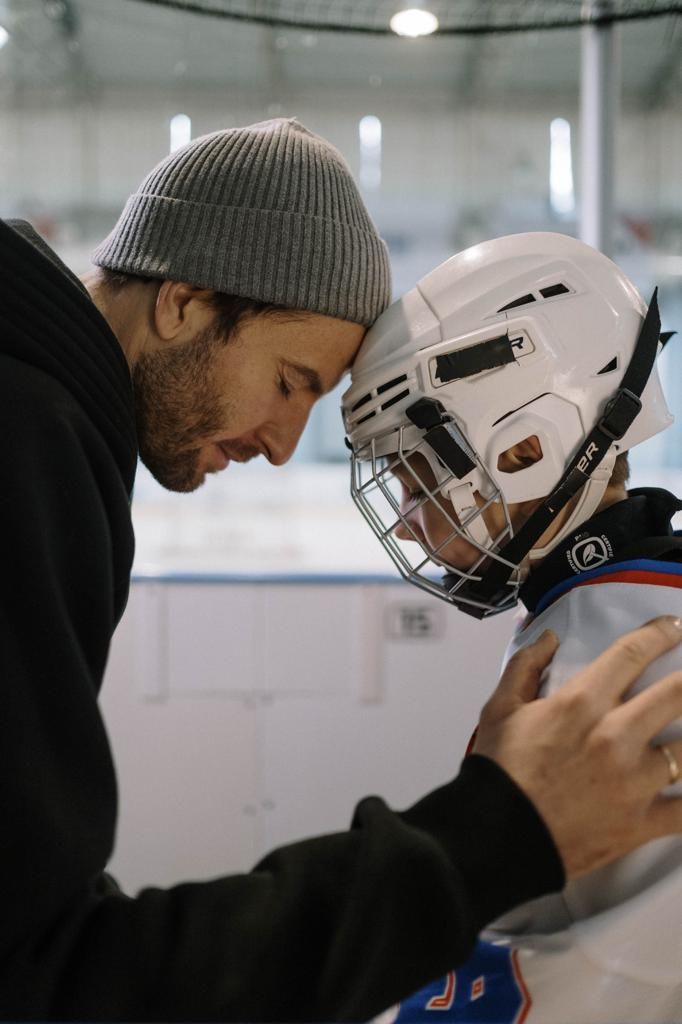THE IMPORTANCE OF THE FATHER FIGURE IN YOUR CHILD EDUCATION
During my 20 years of experience as a family coach, I have always believed that most of the time it is the mothers who represent the family. However, studies show this to be true. This leads me to write this article with the aim of confirming what has been my theory so far. To do so, I have had to research different articles with the aim of raising awareness about the importance of the father figure in the education of our children.
What the studies say:
10 years ago, the Spanish newspaper El PAÍS claimed that only 7% of fathers are as involved in parenting as mothers. 11 years later, an article in EUROPA PRESS again highlights that childcare is still the task of mothers and that 85% of the work leaves processed in 2021 were for women. As we can see, the trend towards mothers being the representatives of the family is evident.
Why does this have to change?
This has to change because the importance of the father figure in the upbringing of children is crucial, because he represents the development of their personality, since together with the mother they are the basis of the constitution of the family.
The effect of the father's absence on the health and well-being of children can manifest itself in emotional and behavioural alterations, school performance, physical health difficulties and can even affect the bond with the mother.
Moreover, studies show how father absence is at the root of most of today's social problems, from poverty and crime to teenage pregnancy, child abuse and domestic violence. Did you expect that?
How does the lack of a father figure affect the upbringing of your children?
Fathers bring a different way of seeing and interacting with the world, in general, than mothers. This allows both boys and girls to have an effective model of what it is to be masculine, whether in relation to identity or the role to play in society.
The lack of a father figure can lead to greater difficulty in achieving healthy bonding in interpersonal relationships and in acquiring a more integrated worldview.
How does dad's involvement in his children's daily activities influence them?
This presence in everyday life is of vital importance, the more it is given, the better the child's knowledge of what his father is like and, through interaction, the better he will be able to incorporate his father's way of being. Moreover, this will facilitate the process of discovering a father who is not ideal, who makes mistakes, who is not unattainable and who allows the child to construct him/herself as a different person.
What are the main changes in the father figure during your children's development?
At some point in your children's early years, the image of the father is idealised, aggrandised, seen as perfect and almost unattainable to follow. However, in the early teenage years it begins to wane, as children become aware of identifying the mistakes, weaknesses and shortcomings of that seemingly ideal father. Is this negative? No, it is necessary, positive and fundamental to recognise and normalise an imperfect human being who loves them unconditionally. Your child also needs to value himself as someone different from his father, to discover his own identity.
In conclusion, the father figure in your child's education will help them to: develop greater autonomy and independence, favour sexual differentiation and typification, promote the acquisition of social values and moral development, among others. In the event that your children do not have a father figure in their lives, or you have not had a father figure in your life, it conditions your current reality, but it does not have to determine your destiny. Today we have the tools to solve these situations, and heal your childhood wounds in the best way to be able to raise a child in an adequate and healthy way, THE THRIVING FAMILIES PROGRAMME will help you in this process. Stay tuned for my next articles where I will explain how we can act in this kind of situations where the male figure is missing in parenting.
Thank you for reading my article.
With love, Dr. Waad Masoud.
New Paragraph







